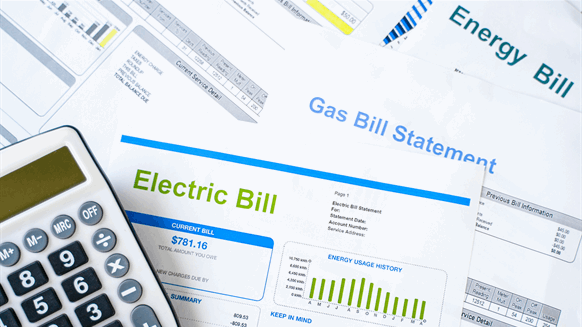Historic US legislation went into effect Monday in the state of California that penalizes companies that inflate gas prices beyond maximum gross refining margins.
Senator Nancy Skinner last year introduced House Bill No. 2 of the Senate, which amends the Public Resources Code, stating that gasoline prices remained high despite the drop in crude oil and taxes were maintained. Gov. Gavin Newsom signed it into law on March 28, making California the first state to legislate against gas price hikes.
“California is making good on our promise to hold Big Oil accountable. These new transparency laws will help us track refinery profits and shine a light on price manipulation so Californians aren’t vulnerable to Big Oil’s greedy whims Newsom said in a press release on Monday.
“And that’s just the beginning: We’re advocating for the nation’s first Big Oil watchdog to oversee the industry 24/7, eliminating illegal price gouging in real time by help you keep money in your pocket.”
The legislation creates an independent oversight body, the Division of Petroleum Market Oversight, and authorizes the California Energy Commission to establish a scheme of penalties against violators.
Price control mechanism
The commission, as directed by law, requires state vendors to submit daily transaction details of the previous day’s activities. All refinery operators in the state are also required to report refining volume, cost and margin data to the commission every 30 days.
This will help the commission determine whether and at what level a maximum refining margin should be established.
“The penalty shall be a percentage of the amount by which the refiner’s gasoline refining gross margin, excluding state program costs, exceeds the maximum gasoline refining gross margin, converted from dollars per barrel to dollars per gallon, multiplied by the number of gallons sold by the refiner during the calendar month,” says the text of the legislation.
“Taking advantage of the pain of Californians”
From August to October 2022, California residents paid some of the highest gas prices in the state, even as the price of oil fell and taxes and fees saw no change, notes the invoice text.
“Much of this increase was caused by refineries, which increased costs and profits that added to the price California consumers paid at the pump, resulting in substantially higher per gallon prices than average prices in the rest of the United States,” he said. he says
Eighty consumer and environmental campaign groups co-wrote a letter in January to push for the bill’s passage, highlighting the benefits accruing to businesses.
“California’s five largest oil refiners posted global profits of $67.6 billion in the first nine months of 2022, nearly quadruple the $17.6 billion reported during the same period in 2021. The five refiners — Chevron, Marathon , PBF, Phillips 66 and Valero — produce 97 percent of gasoline in California,” the groups, which included Consumer Watchdog and Greenpeace USA, said in the Jan. 20, 2023, letter.
“Even though Californians paid up to $2.60 more for their gas than average US gas prices, California oil refineries continued to post record windfall profits, literally capitalizing on Californians’ pain in the bomb,” they added.
“Oil refiners’ reports to their investors showed that the companies doubled their California gasoline refining margin, from an average of 32 cents per gallon over the past twenty years to 69 cents per gallon in the first nine months of 2022. Additionally, its California refining profits were 30% higher than its reported refining profits anywhere else in the country or the world.
“Capping gasoline refining windfalls will save consumers billions of dollars.”
‘wrong’ legislation
A related measure at the federal level, the Consumer Fuel Price Increase Prevention Act (HR7688), has been pending, in the face of industry opposition.
The lobby group American Petroleum Institute (API) has opposed government regulation of fuel prices, insisting they are determined by market forces.
“Prices at the pump currently reflect, to name a few factors, labor and supply chain challenges, increased demand post-pandemic and lagging supply due to government policy” , API President of Federal Relations Lem Smith said in a May 18 article. 2022 opposing HR7688, calling it “flawed price gouging legislation.”
He said to keep prices low, “Washington policymakers should consider policies that encourage additional investment and bring in new energy supplies, which the US and our allies abroad are desperate to secure now and in the long term.” .
To contact the author, please email jov.onsat@rigzone.com


